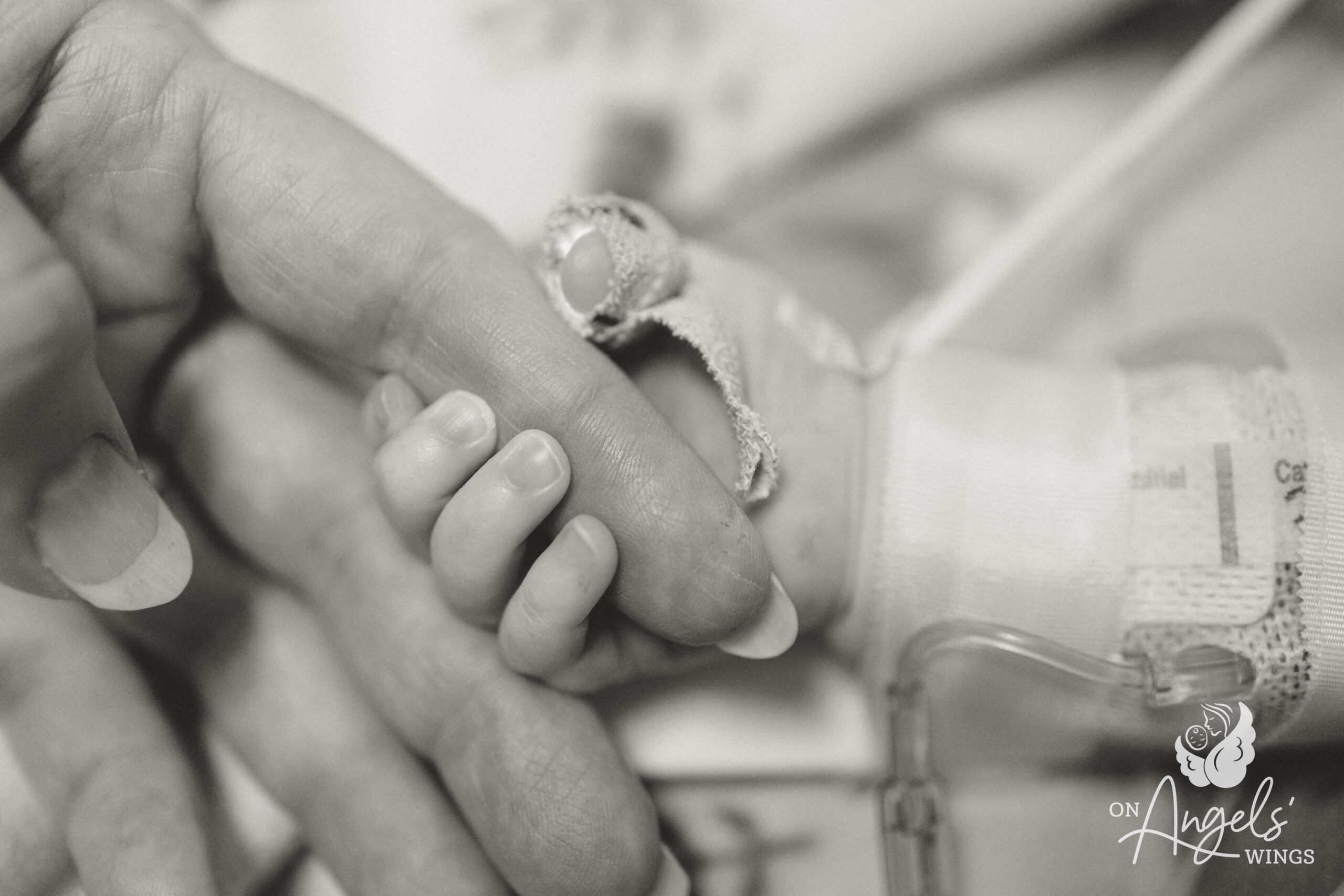May is Mental Health Awareness Month, and while the spotlight often focuses on anxiety, depression, and trauma, I want to talk about something else equally entangled with our mental health: grief. And more specifically, how we respond — or often, how we don’t quite know how to respond — when someone we care about is deep in the throes of it.
I have years of experience walking alongside grieving families – I started working in bereavement photography nearly 18 years ago. This isn’t something I’ve been observing from a distance – I’ve been right there with many families in their darkest, most heartbreaking moments. Families who said goodbye far too soon to children they prayed so hard for. Families whose dreams for their child were rewritten by diagnoses they never imagined and sometimes never heard of. And every single one of them has shared with me the same, gut-wrenching secondary hurt: the words others said that unintentionally made it worse.
I understand why it happens. Grief makes us – all of us – uncomfortable. When standing face-to-face with the pain of others, we want to try and fix it. When actions can’t, we turn to words. Well-meaning, but hollow platitudes that are attempts to comfort, instead leave grieving hearts feeling unseen. Most grievers recognize that these words are well-intentioned, but that doesn’t make them hurt any less.
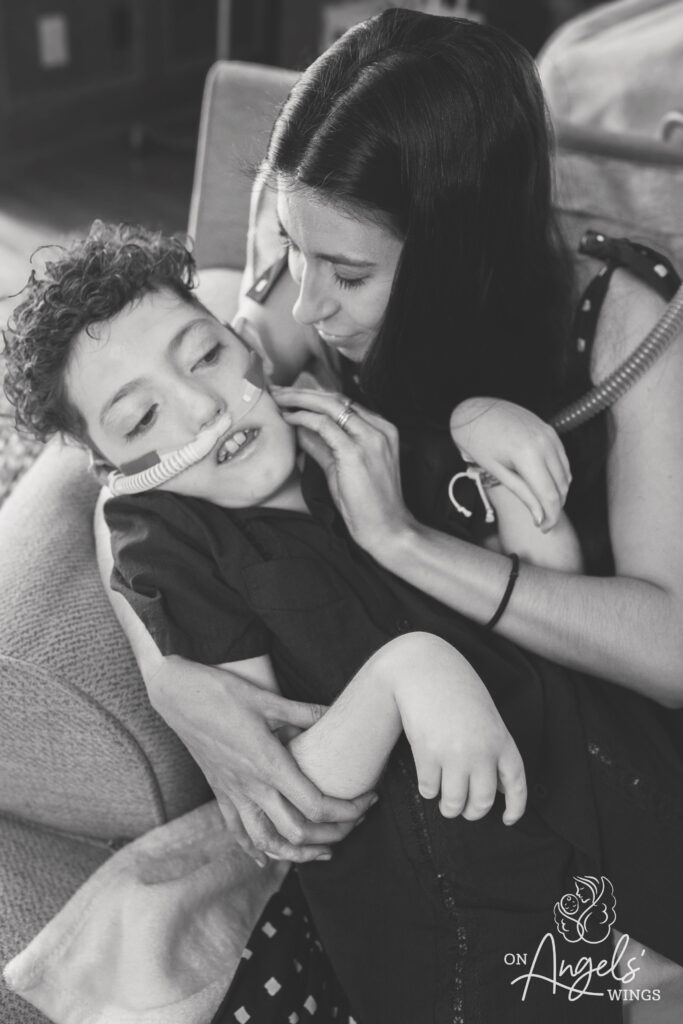

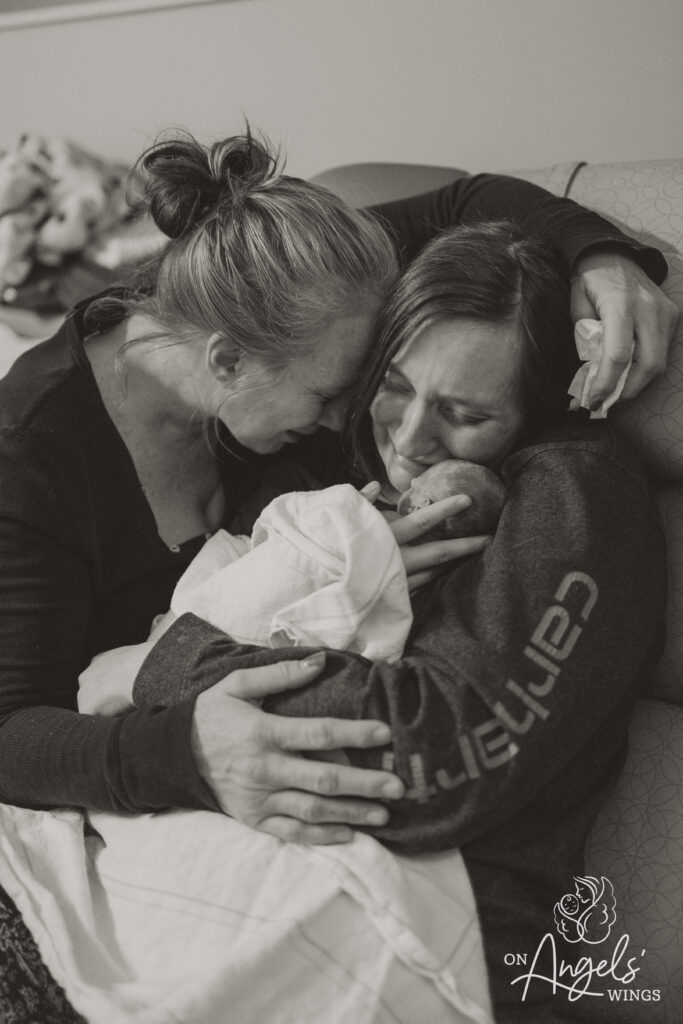
“At least…”
“At least you [can] have other children.”
“At least you knew ahead of time.”
“At least you had six more months with them.”
These statements minimize the pain. They unintentionally suggest that the loss should somehow hurt less because there are other things to be thankful for or because it could have been worse. Parents have shared with me time and again how these statements make them feel as though the child they are grieving isn’t worthy of the heartbreak they feel.
“I’m sorry for your loss.”
As a culture, this has become our default response when finding out someone is suffering tremendous loss. It’s what we say because we don’t know what else to offer. Parents have shared with me that this statement is not only hurtful, but frustrating. “I’m sorry” implies some sort of responsibility for making things better, but they can’t.
Grief needs something more tangible than words recited like scripts. Imagine a friend struggling alone, trying to uproot a tree stump. You drive by, roll down your window, and say, “Wow, that looks hard — sorry you’re going through that,” then drive away. That’s what this phrase can feel like. What they really need is for someone to stop, grab a shovel, and say, “Let me help.”
“It will get easier.”
Telling someone grief will get easier with time implies that, one day, it won’t hurt at all. But the unfortunate reality is that grief doesn’t end. Instead, we learn to build life around it.
I grew up on a farm and can’t help but think of a tree sapling that is growing near a barbed wire fence. As the tree grows bigger, the barbed wire embeds in its trunk, gnarling the tree in those spaces. The tree is able to grow tall and strong still, but if you were to go in and cut out the barbed wire, the tree would be irrevocably damaged and could even die. Grief is always a part of us. It may not look pretty, but we can build a strong and happy life around it (with the right tools to process it and still find capacity for happiness again).
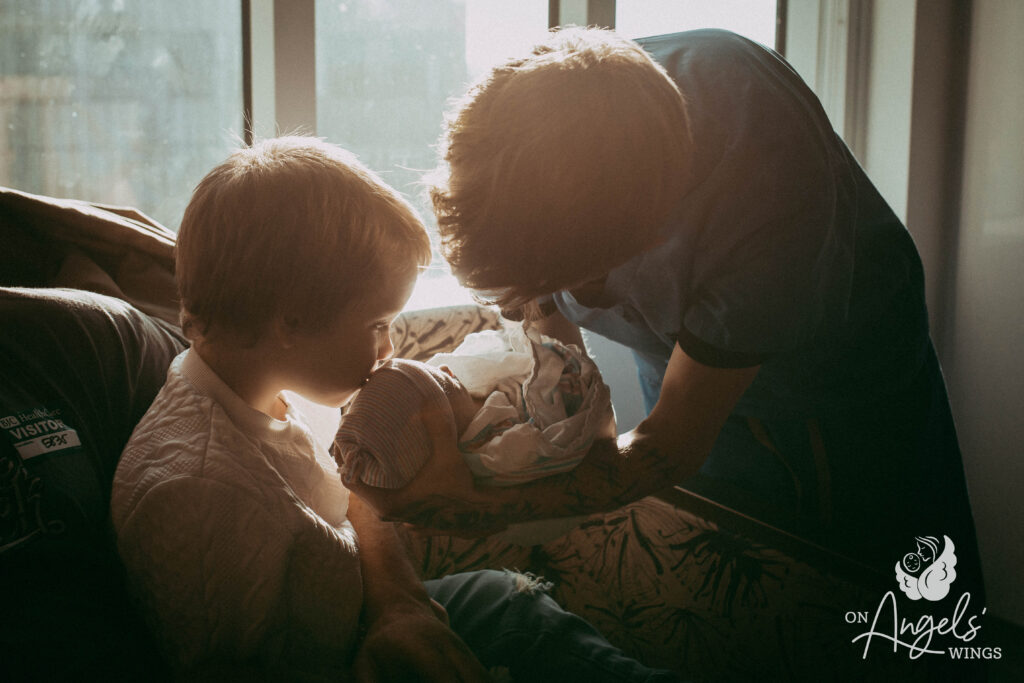
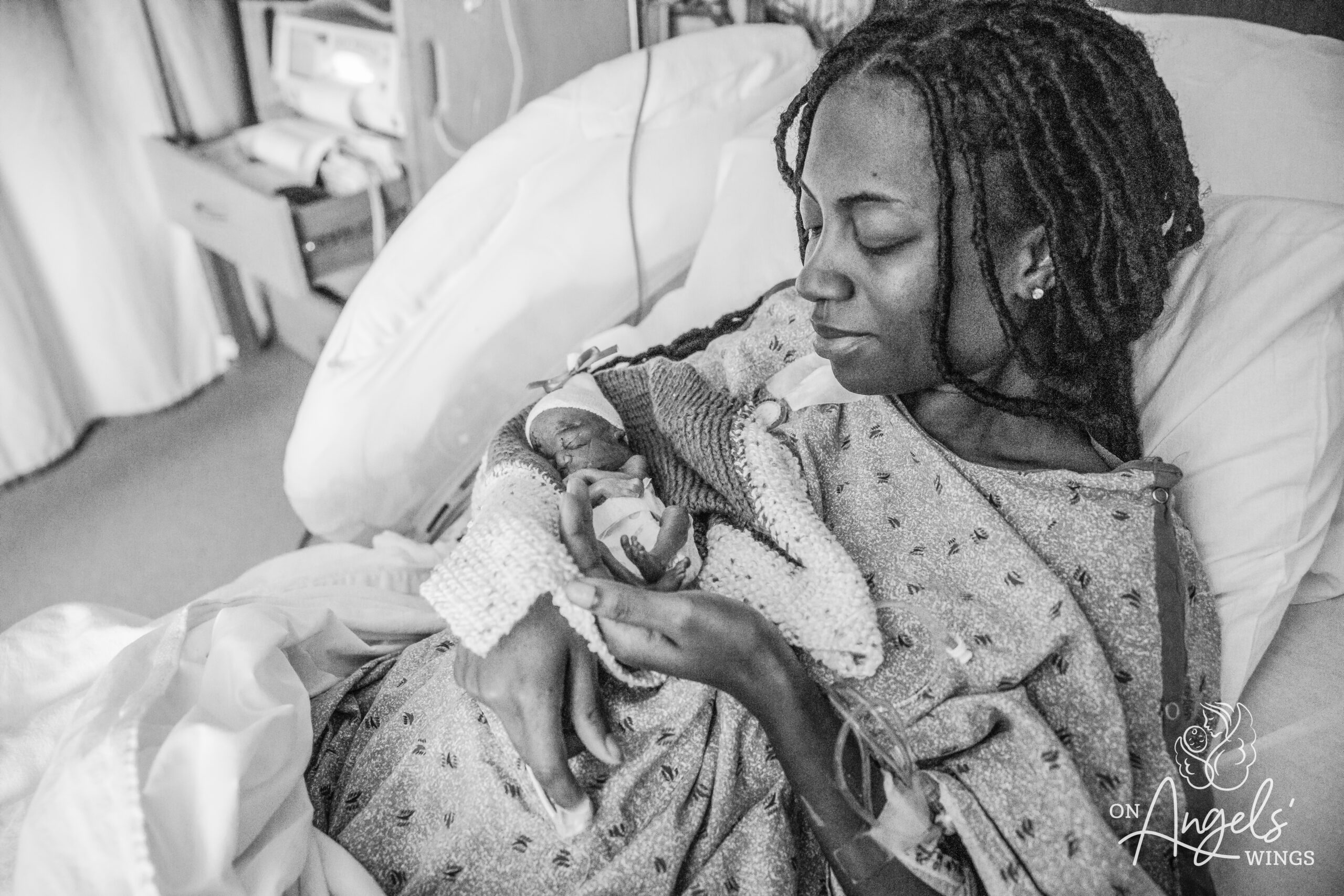
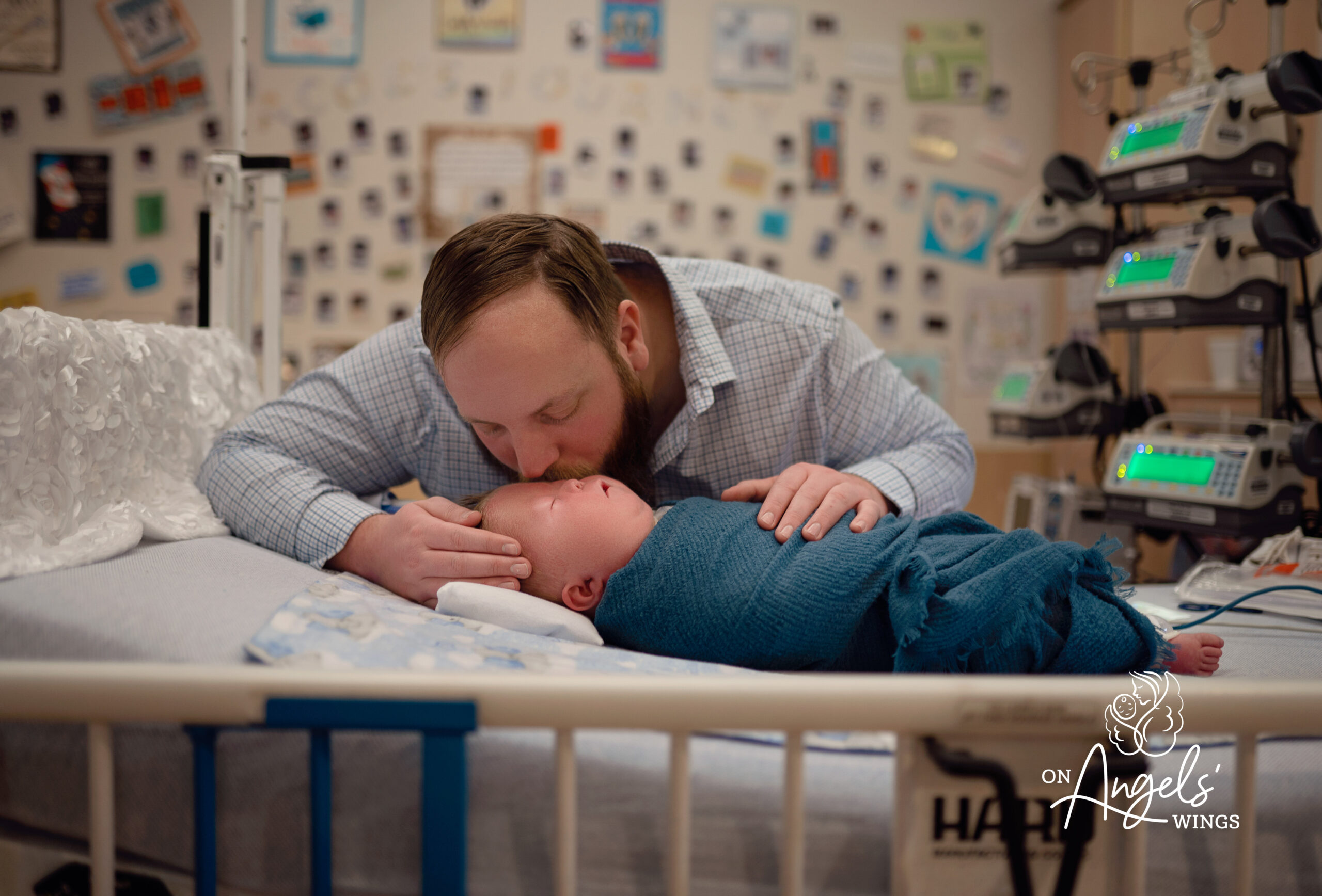
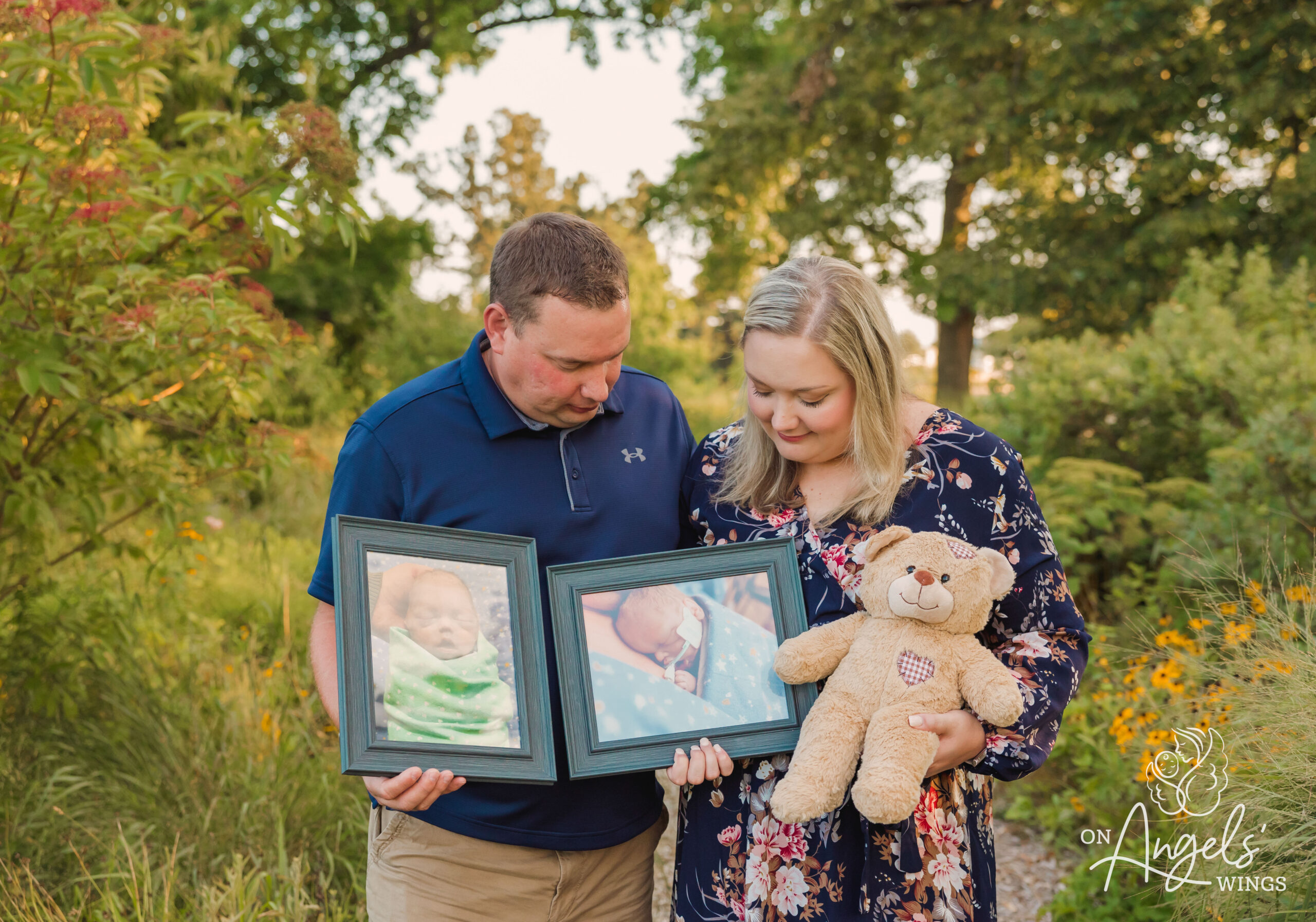

“Everything happens for a reason.”
This statement often stirs anger, not comfort, regardless of the griever’s spiritual beliefs. In fact, many parents have shared with me that this statement (and others like it, such as “God has a plan”) deeply damaged their faith for many years, or indefinitely. Because, who wants anything to do with a higher power that would take their child away?
It’s an intellectual response to an emotional wound – which is like trying to put polar opposites of magnets together. Grief and logic can’t live in the same space. Explaining away someone’s devastation rarely brings them peace. More often, it invalidates the depths of their sorrow and leaves them feeling misunderstood — or worse, judged.
“Let me know if you need anything.”
This one seems thoughtful on the surface. But in reality, it shifts the responsibility onto the griever for reaching out – or even having any indication of what they actually need. In crisis, a griever is drowning – they often can’t remember if they’ve eaten today, let alone what they may need. The act of asking for help seems impossible.
Instead, show up. Take initiative. Vacuum the living room. Start a meal train. Drop off groceries. Sit quietly beside them. Proactive support speaks volumes when words fail.
I remember Kali’s story, one that still chokes me up when I share it. In the darkest days after her daughter’s diagnosis, when even breathing felt like work, a former classmate stepped up without hesitation. She simply said, “I’m coming by. You can let me in or not. I’ll be there.” That simple, unpolished offering of presence made all the difference. Sometimes, just showing up is the most profound thing you can do.
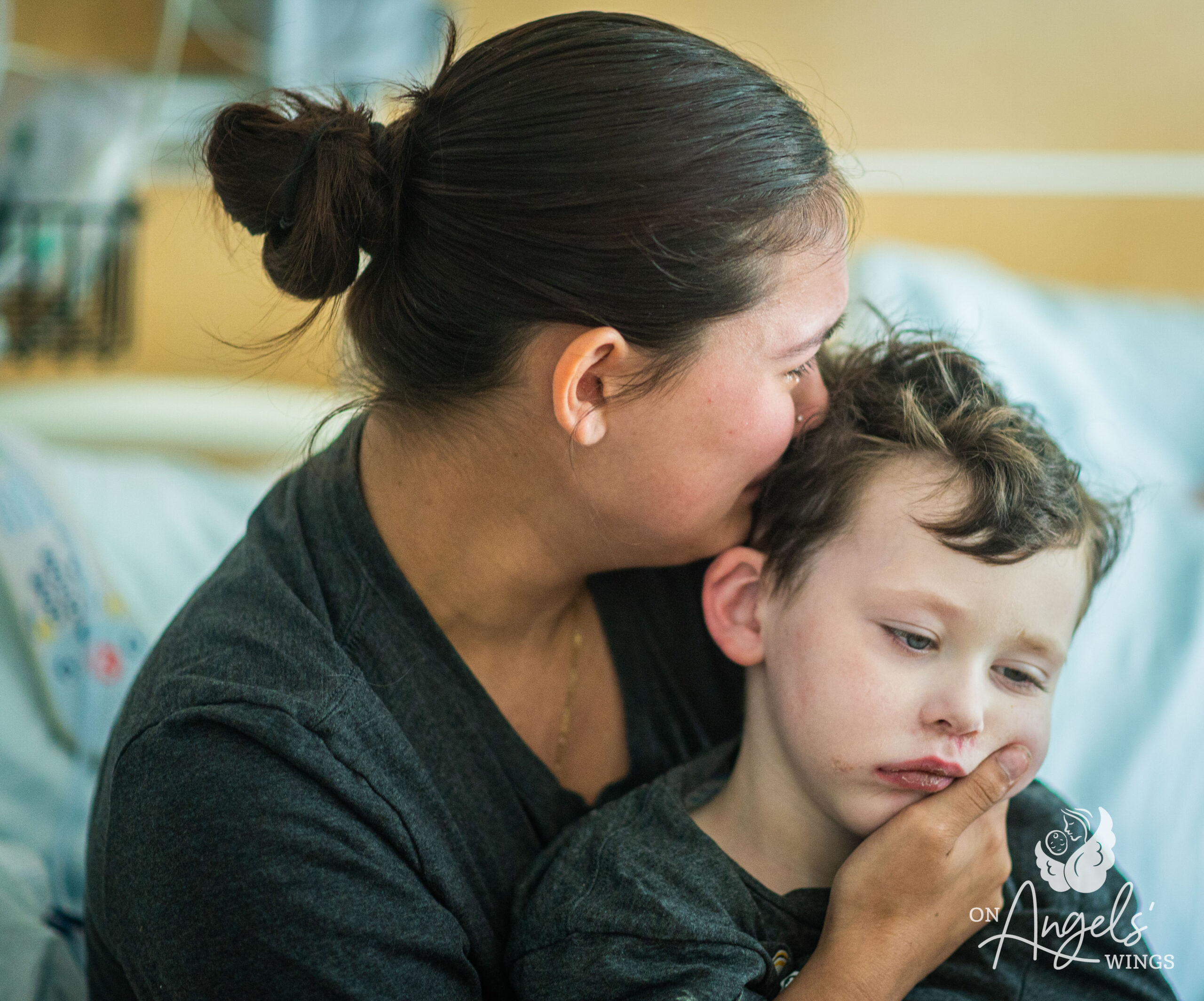
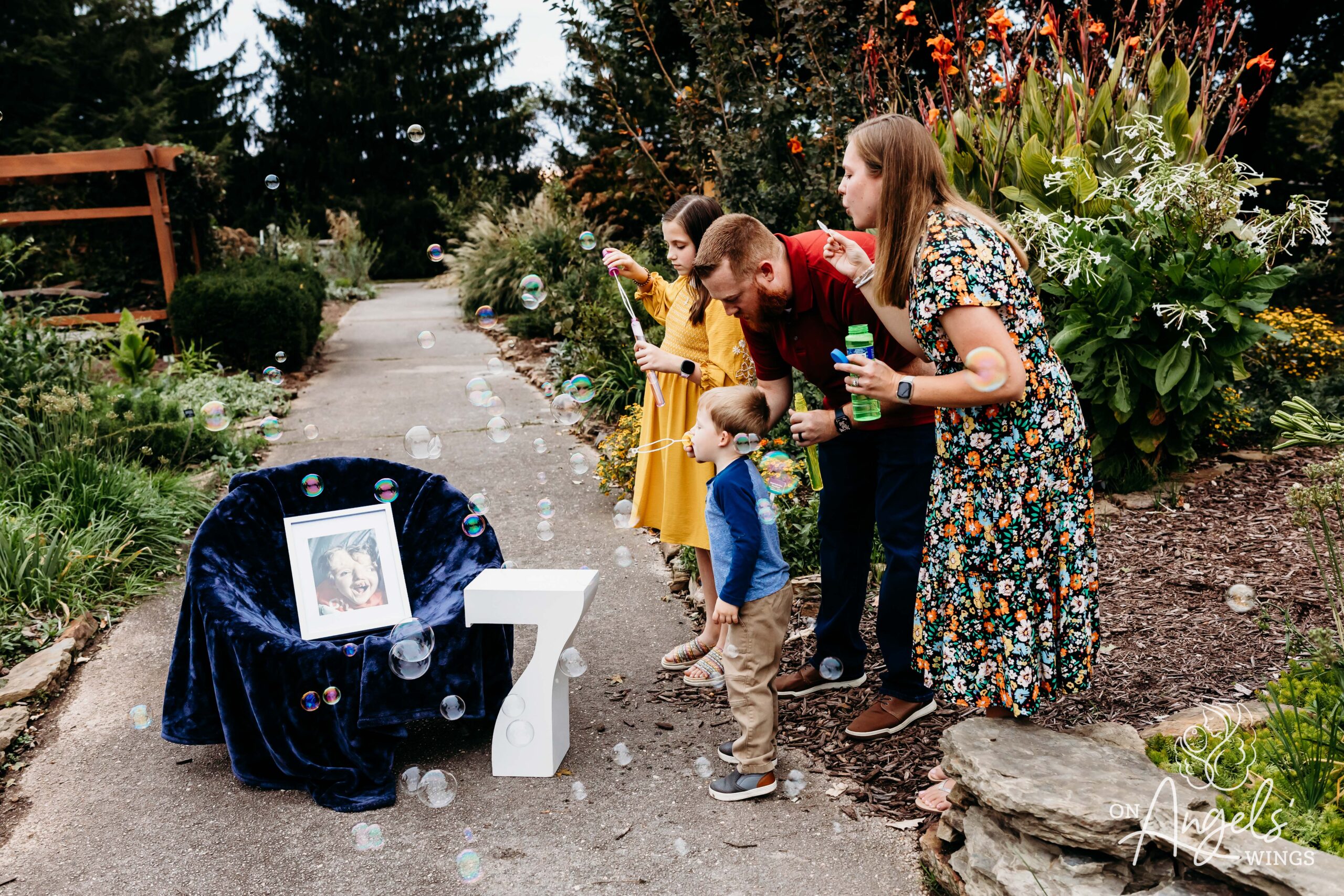
There’s really nothing you can say…
Here’s the hard truth: There is no perfect thing to say to someone who is grieving. And even if you do everything “right,” it still may not be enough to make them feel better. That’s because grief doesn’t follow a timeline or respond positively to a certain phrase or series of platitudes. It can’t be fix with mere words. It doesn’t play by polite rules. It’s messy, ugly, unpredictable — and necessary.
So if you take nothing else from this, take this: Grief doesn’t need fixing. Grievers don’t need fixing. They need presence. They need patience. They need safe spaces.
They need people willing to lean into the discomfort and say the hardest, most healing words of all:
“I don’t know what to say. I don’t know how to help. But I’m here.”
Sometimes, that’s everything.
